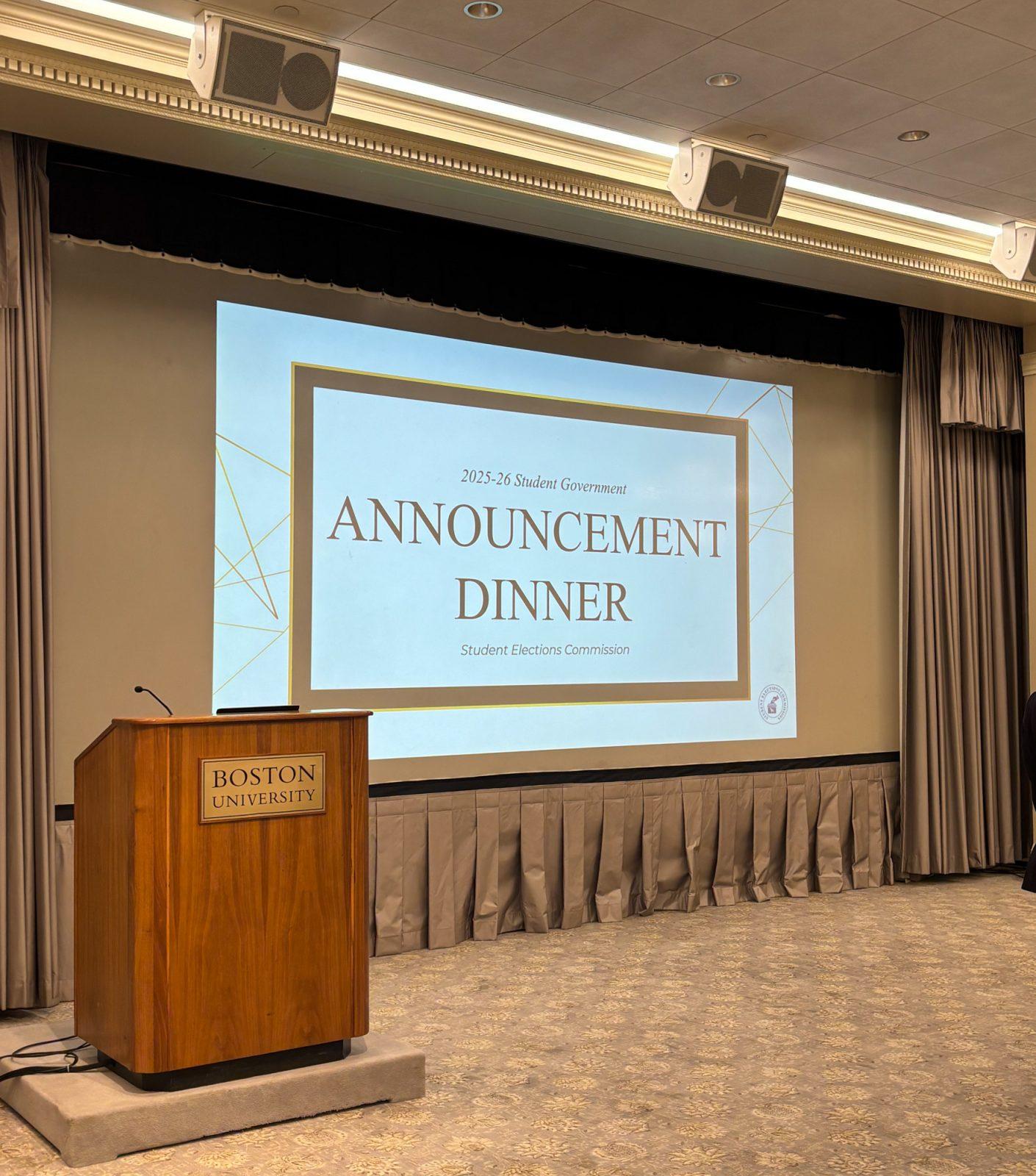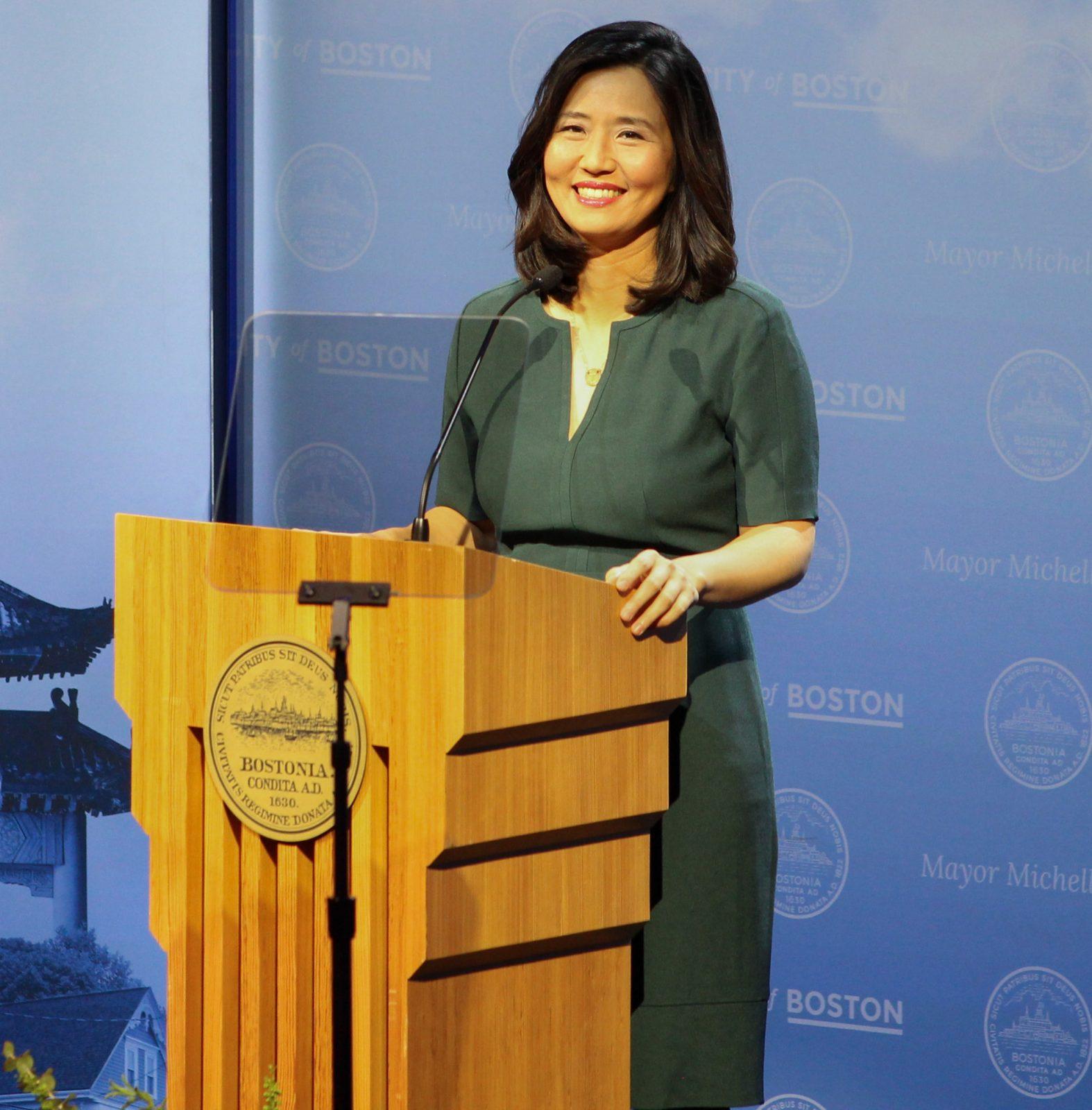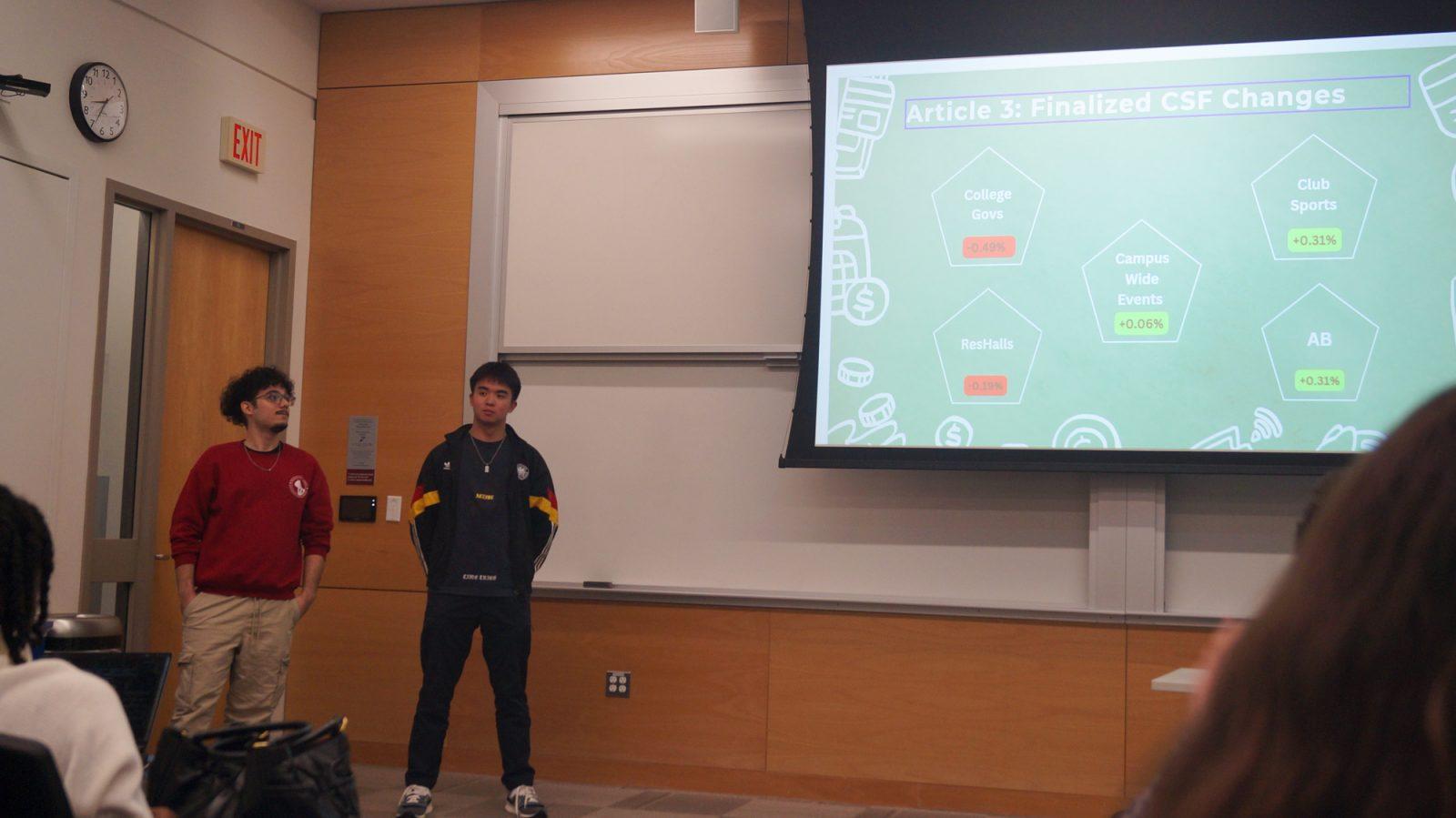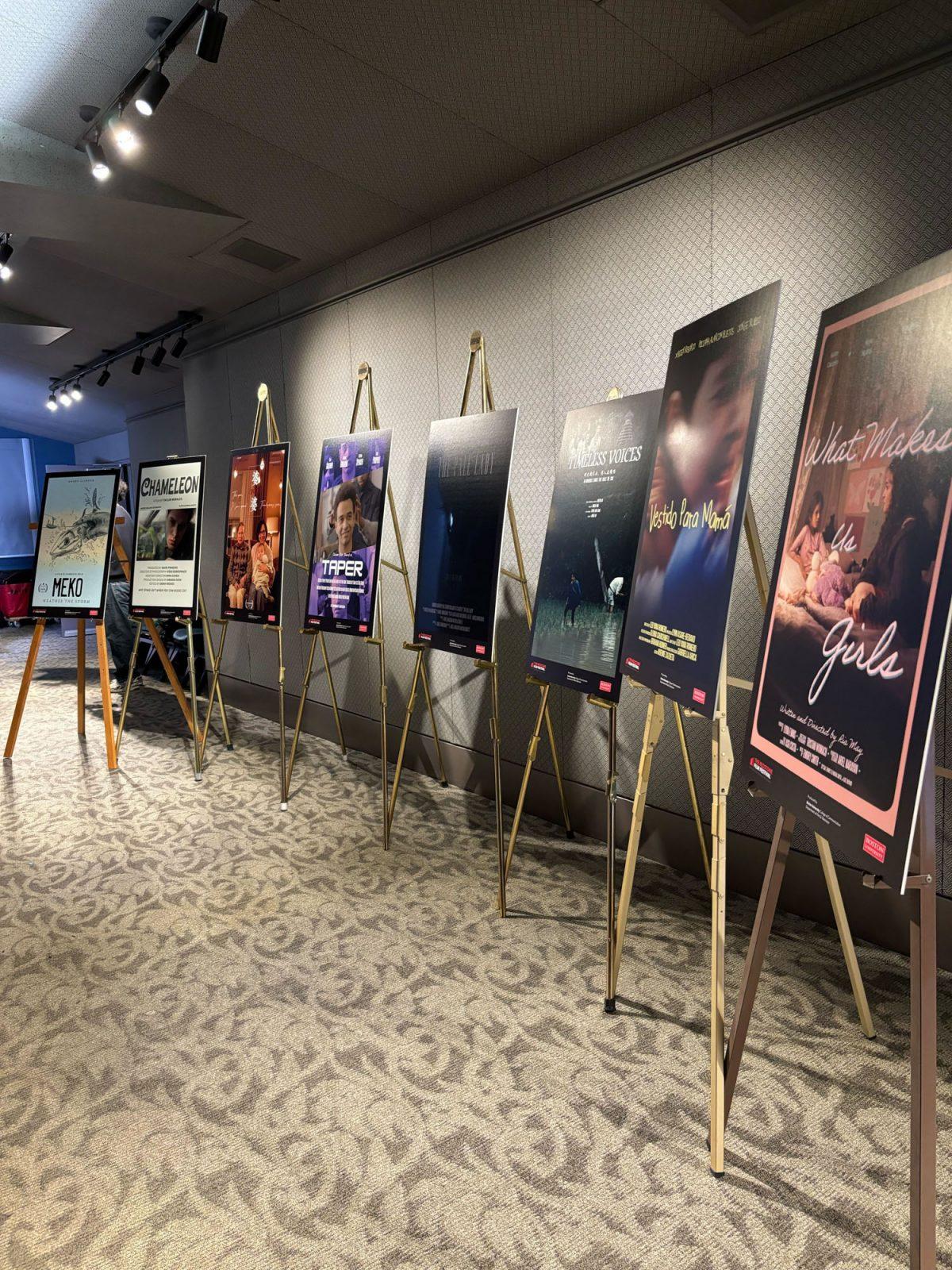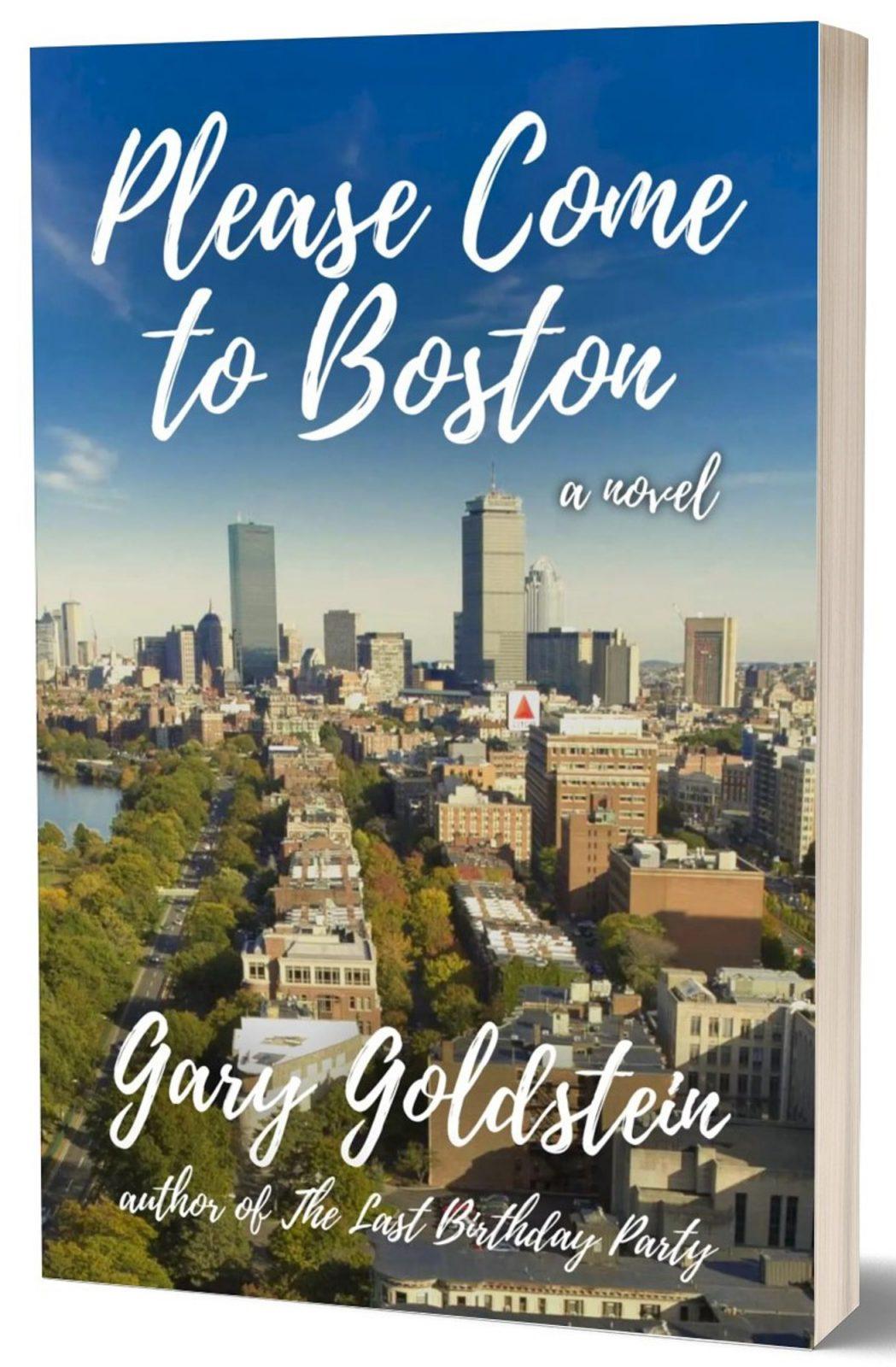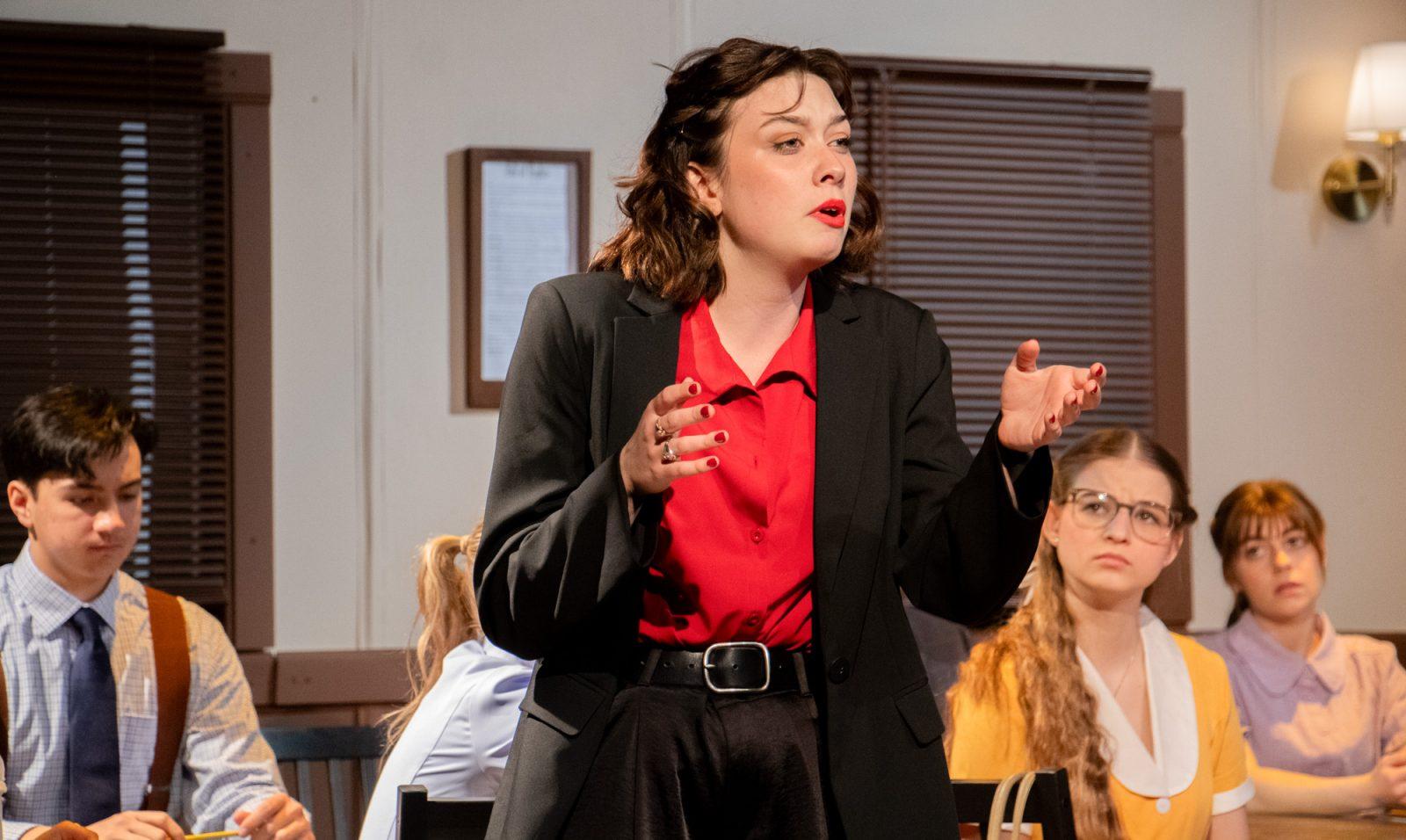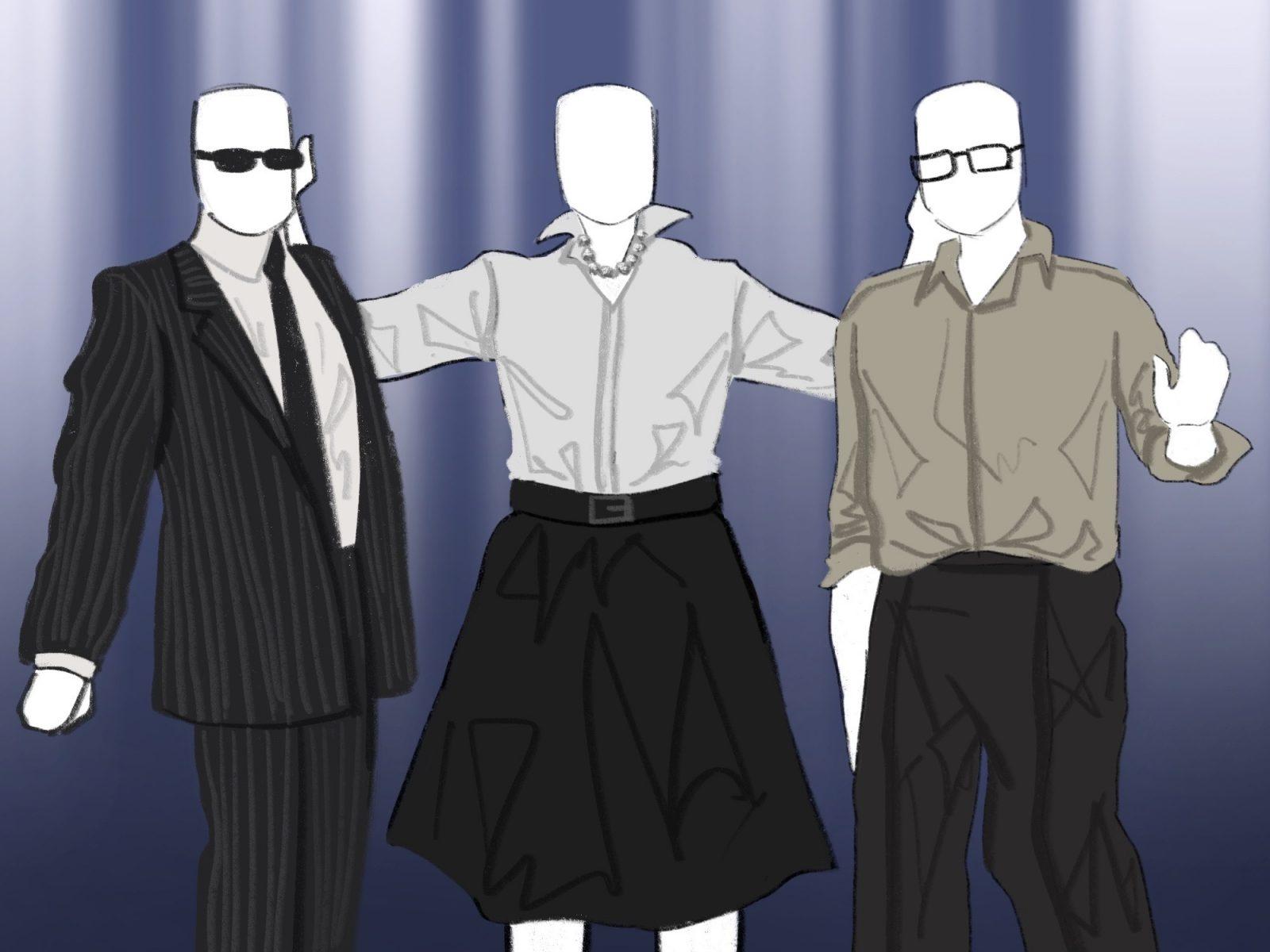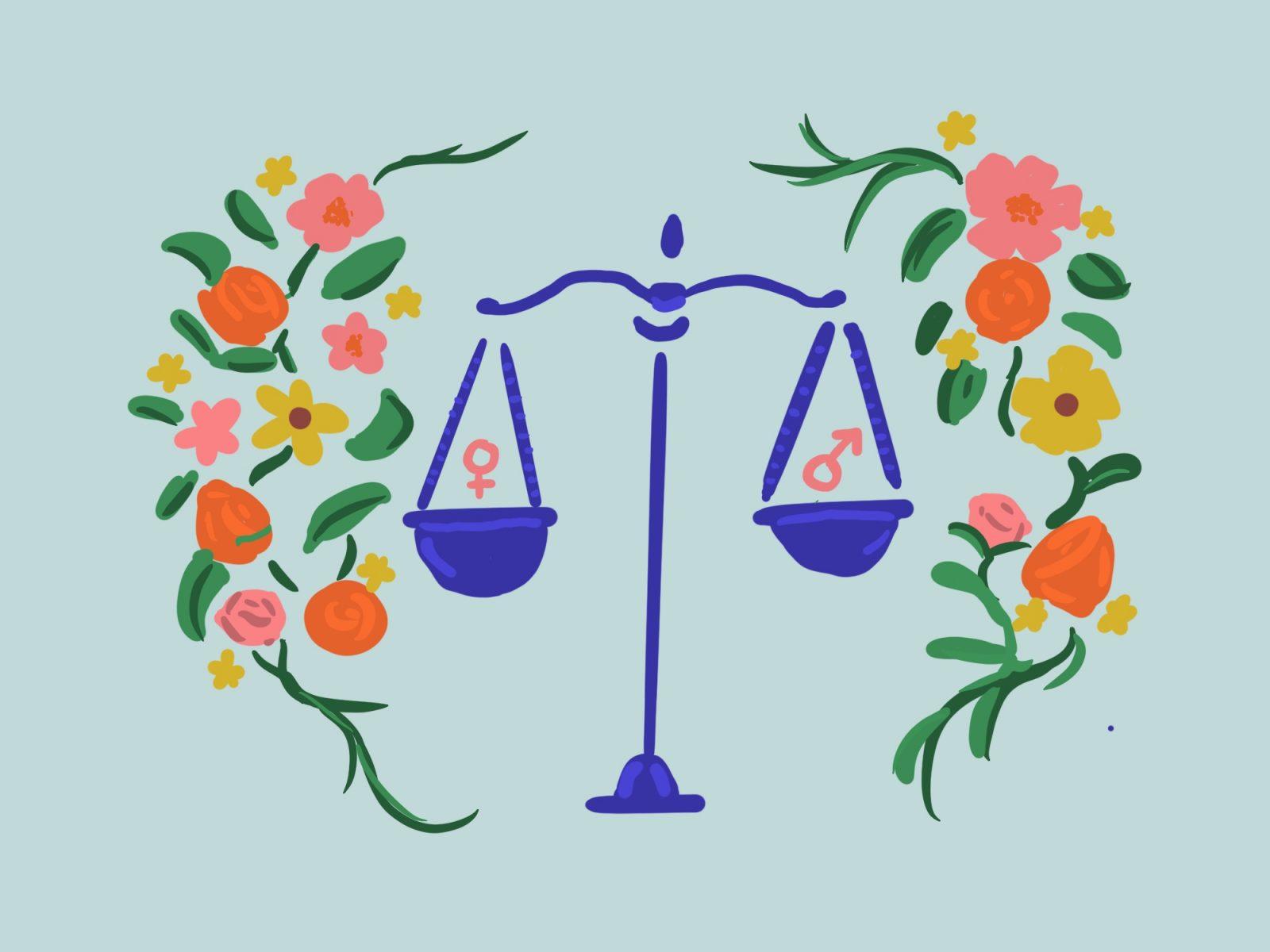Author John Irving isn’t afraid to embrace sexual ambiguity and other topics that border on the uncomfortable in order to create celebrated works of fiction, he said on Tuesday.
About 240 Boston University students and faculty members filled the College of Communication auditorium to its capacity to see the renowned novelist and celebrate the paperback release of his 12th novel “Last Night in Twisted River.”
Audience members were asked to write any questions down on slips, which Irving answered during his talk.
Irving began the night by answering one of the questions pertaining to his 1978 novel, “The World According to Garp.”
“I was very angry when I wrote it,” Irving said. The novel traces the lives and deaths of the titular Garp and his mother, two sexual extremes assassinated by sexual extremists, according to Irving’s website.
“It’s also a novel about sexual differences,” he said.
This question served as a springboard to introduce his novel in progress, which also involves sexual differences.
Irving’s 13th novel, “In One Person,” is written in the form of a first person narrative, he said.
The protagonist, William, is a bisexual boy who falls in love with a transgender, female librarian. William, however, does not initially realize she is transgender.
Irving said the reader becomes aware of the woman’s sexual identity long before William does, creating a dramatic irony that appeals to Irving.
“This kind of irony often happens in plays, and I love theater,” Irving said.
After reading the first chapter of “In One Person” out loud, Irving went on to answer various questions the audience raised, from the politics of his novels to his writing process.
“I didn’t set out to write an “abortion novel’,” Irving said of “Cider House Rules,” his sixth novel published in 1985.
The book tells the story of an orphan who eventually follows in the orphanage’s director’s footsteps as an abortionist during the first half of the 20th century, according to Irving’s website.
“The politics always come later,” he said.
As for his writing process, Irving said he always writes the endings first and then works backward to create the beginning.
His first chapters often undergo many revisions while his conclusions always remain the same, he said.
Irving cited authors Charles Dickens, Thomas Hardy and Herman Melville as significant influences on his writing.
“I like the long-plotted novels of the 19th century,” he said. “I’m a very plot-oriented writer.”
Irving said Melville provided him with the best piece of advice, “Woe to him who seeks to please rather than appall.”
“I always have to have something that frightens me about a novel…something I’m uncomfortable addressing,” Irving said.
When asked for his advice to young writers, Irving replied, “I was always a good reader. I read everything. Read as much as possible and absorb everything.”
College of Arts and Sciences senior Claire Zukin said she particularly enjoyed Irving’s discussion of his writing process.
“I had always wondered about the political side of his novels and whether or not he plans for the novel to be political,” she said. “I also liked that he talked about his writing process.”
Irving interjected anecdotes into the question and answer session, which some audience members particularly enjoyed.
“I liked how he included personal stories when he answered the questions. It made it so much more illuminating than if he had just given answers,” said BU Law Library Technician Julia Hoisington.
“I also like that his next novel includes a librarian as a main character. I’m studying to become a librarian, and I feel like that validates me in some way.”



